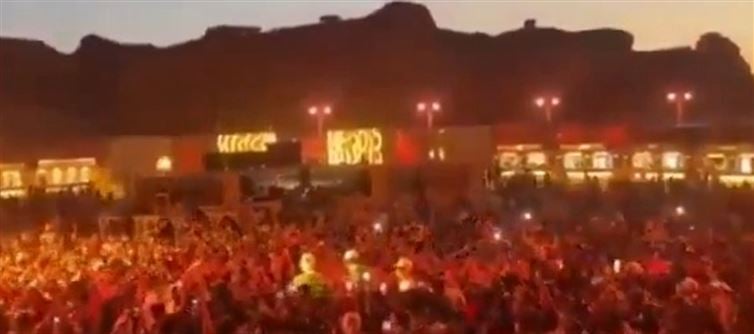
However, these rapid cultural shifts have not come without backlash. Conservative and Islamist factions within the country and the broader Muslim world have expressed anger and alarm over what they see as a betrayal of traditional Islamic values. For decades, saudi arabia positioned itself as a bastion of strict Islamic orthodoxy, enforcing religious codes with the help of the powerful religious police. The rollback of these norms—particularly public morality laws—has left many Islamists feeling sidelined and voiceless in a country that once championed their worldview. Online and in private, critics warn that the kingdom is abandoning its religious identity in favor of Western materialism and secularism.
This cultural pivot reflects deeper political calculations. The Saudi leadership is betting that economic reform and global integration are essential for long-term survival in a post-oil future. Yet, the balancing act is delicate. While many young Saudis have embraced the changes with enthusiasm, the government continues to suppress dissent to ensure that religious or political resistance does not threaten the regime’s authority. The result is a kingdom in flux—simultaneously pushing toward modernity while tightly controlling the pace and narrative of that change. Whether this gamble will yield lasting prosperity or sow deeper social tensions remains one of the most pressing questions in the region.




 click and follow Indiaherald WhatsApp channel
click and follow Indiaherald WhatsApp channel